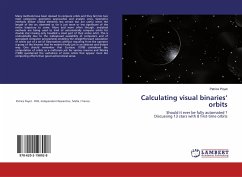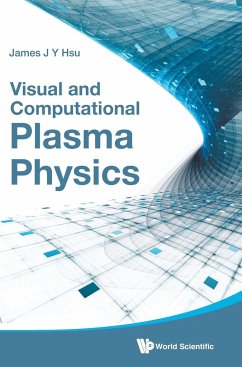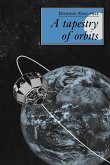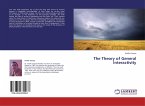Many methods have been devised to compute orbits and they fall into two main categories: geometric approaches and analytic ones. Geometric methods deliver orbital elements less certain but are useful when the length of the arc observed so far is just more or less significant of the entire trajectory to come. More and more often though, analytical methods are being used to kind of automatically compute orbits for double stars having only travelled a small part of their entire orbit. This is undoubtedly due to the widespread availability of computers and of specialized computer programmes enabling the straightforward calculation of orbits out of a set of observations without requiring from the operator a grasp of the binaries that he models finally just in an abstract and distant way. One should remember that Couteau (1978) considered the computation of orbits as a craftsman job for various reasons and Worley (1990) questioned the usefulness of some orbits that appear more like computing efforts than good astronomical sense.
Hinweis: Dieser Artikel kann nur an eine deutsche Lieferadresse ausgeliefert werden.
Hinweis: Dieser Artikel kann nur an eine deutsche Lieferadresse ausgeliefert werden.








